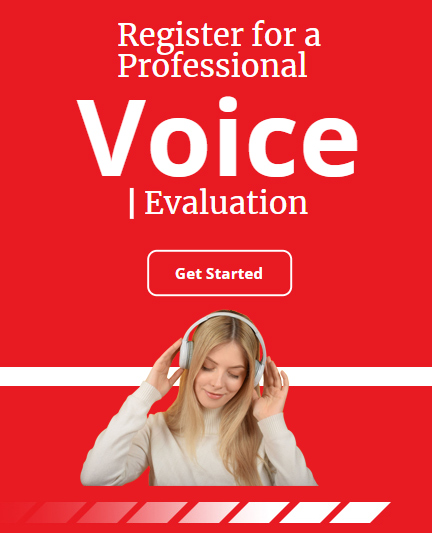
Vocal practice should be a part of every day, at the same time every day if at all possible, with one day per week off for rest and recovery. This is what consistent refers to. Focused means you need to concentrate on the new skill as you are perfecting it. Paying attention to what you are doing, focusing on the objective of each exercise, creating short- term and long-term goals and reflecting on each day’s practice will result in quicker gains and longer lasting results. Review and reflection are essential in acquiring and developing new skills. Create a practice log to help with this. Document your practices, noting what you focused on in the session and what you would like to improve in the next session. Creating a practice journal and reflecting on the skills you work on each day will help you to learn this method faster and retain the information longer. It will keep you focused.
Even though you will see results very quickly, this method will take time to learn completely; the training, while very effective, takes time to perfect. We are coordinating muscles and creating new habits. You need to repeat a new skill from 21-30 days, every single day for that skill to become a habit. This might require more discipline than you are used to. SLaS training is far different from the idea of vocal “warm-ups” that you sing along with while driving in the car or performing other tasks. This is vocal development designed to create new neuromuscular responses- so, for the time that you are training vocally each day, you need to focus and concentrate. Warm-ups are fine for getting ready for a performance but please understand the distinction between a focused, concentrated, and effective training session that is meant to create new skills and simply warming up the voice, which does nothing to create new habits and skills
When learning any new skill we progress through three levels:
- Discovery: Experiencing a new and better coordination.
- Development: Reinforcing and strengthening the new coordination by repeating it daily.
- Habit or Automatic Functionality: A new and reliable neuromuscular habit is created by consistent focused repetition over time. This habit means the artist can now focus on art (delivering an emotional performance) rather than function (whether or not the voice is going to work correctly) during a performance.
By the time you have repeated a new skill with focused attention enough times to create a habit you are on your way to success! Once it becomes a habit you don’t have to work so hard – it functions automatically! That’s the beauty of good habits – once they are locked in they become effortless!



AWESOME
Thank you!